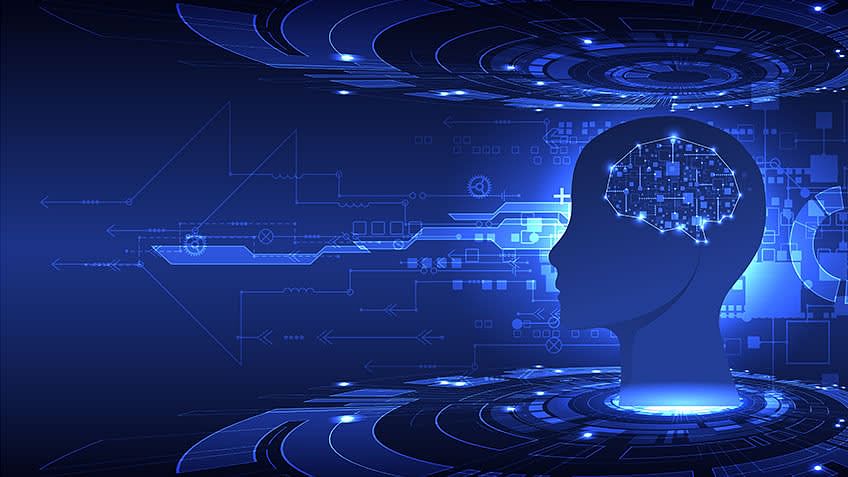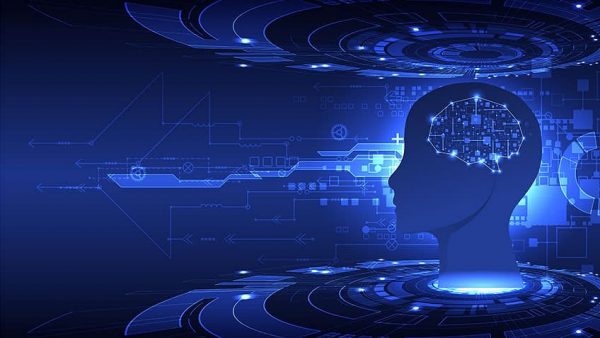Technology, today, is evolving at a rapid pace, enabling faster change and progress. However, it is not only technology trends and emerging technologies that are evolving, a lot more has changed since the year 2020 due to the outbreak of COVID-19, making IT professionals realize that their role will not stay the same in the contactless world tomorrow. An IT professional in 2020-22 will constantly learn, unlearn and relearn (out of necessity, if not desire).
Read more about Tech
This means that staying current with emerging technologies and the latest technology trends is becoming a prerequisite to staying relevant in the world. Technology trends Nigerians both home and in the diaspora are keying into include:
- Artificial Intelligence and Machine Learning.
- Robotic Process Automation (RPA).
- Edge Computing.
- Quantum Computing
- Virtual Reality and Augmented Reality.
- Blockchain.
- Internet of Things (IoT).
- 5G.
- Cyber Security.
One of the technological trends flourishing in Nigeria is the use of digital learning platforms or eLearning platforms which are also called learning management systems. This platform has made classroom-style learning possible no matter where you are. The popularity of this distance learning led to the development of different online platforms one can choose from to learn everything one needs to know. Some of these platforms used by Nigerians are:
- Udemy.
- Coursera.
- Udacity.
- Pluralsight.
- Skillshare etc.
Top technology trends Nigerians should adopt are:
- Artificial Intelligence and Machine Learning
These are systems or machines that mimic human intelligence to perform tasks and can iteratively improve themselves based on the information they collect. Examples are Chatbots that use AI to understand customer problems faster and provide more efficient answers, like Leo, used by United Bank for Africa and Intelligent assistants that use AI to parse critical information from large free-text datasets to improve scheduling.
One approach to AI, called Machine Learning, specializes in helping computers learn from data, identify patterns, and make decisions without the need for constant programming. It’s being applied to everything from self-driving cars and content recommendations, to healthcare and the environment. Deep Learning is a technique that uses things like neural networks, self-organizing maps, and stacked autoencoders to implement Machine Learning.
With hardware speeds reaching new heights and more data being collected than ever, deep learning technologies are a top priority of tech giants like Google and Facebook, but also anyone who wants to take advantage of data.
As the Nigerian AI space continues to pick up, slowly, many underlying challenges such as funding AI research in universities, capacity building, data availability, digital infrastructure, and development of a human-centred National AI policy will need to be addressed for the country to enjoy the benefits of deploying AI fully. AI-driven solutions have been a powerful driver of economic growth in low, middle, and high-income countries.
-
Robotic Process Automation
RPA is the use of software to automate business processes such as interpreting applications, processing transactions, dealing with data, and even replying to emails. RPA automates repetitive tasks that people used to do. Union Bank was the first bank to adopt RPA in Nigeria. More sectors in Nigeria’s economy should adopt this to aid development in the country and keep our country at par with others.
-
Virtual Reality and Augmented Reality
The next exceptional technology trend – Virtual Reality (VR) and Augmented Reality (AR), and Extended Reality (ER). VR engages the user in an environment while AR enhances their environment. Although this technology trend has primarily been used for gaming thus far. This year, we can expect these forms of technologies to be further integrated into our lives.
-
Blockchain
Although most people think of blockchain technology with cryptocurrencies such as Bitcoin, blockchain offers security that is useful in many other ways. In the simplest of terms, blockchain can be described as data you can only add to, not take away from or change. Hence, the term “chain”, because you’re making a chain of data. Not being able to change the previous blocks is what makes it so secure.
In addition, blockchains are consensus-driven, so no one entity can take control of the data. With blockchain, you don’t need a trusted third party to oversee or validate transactions. Our government’s outdated decision to ban cryptocurrency has affected our economy because some transactions cannot be made with the fluctuating Naira and even the e-Naira cannot live up to cryptocurrency.
-
Internet of Things (IoT)
Another promising new technology trend is IoT. Many “things” are now being built with WiFi connectivity, meaning they can be connected to the Internet—and each other. Hence, the Internet of Things, or IoT.
The Internet of Things (IoT) is the future and has already enabled devices, home appliances, cars, and much more to be connected to and exchange data over the Internet.
As consumers, we’re already using and benefitting from IoT. We can lock our doors remotely if we forget to, when we leave for work, and preheat our ovens on our way home from work, all while tracking our fitness on our Fitbits. With the recent building of smart houses in places like Lagos and Abuja, the Internet of Things (IoT) is already in use. More can still be done to make this technology accessible to everyone.
-
5G
The next technology trend that follows the IoT is 5G. Where 3G and 4G technologies have enabled us to browse the internet, use data-driven services, increase bandwidths for streaming on Spotify or YouTube and so much more, 5G services are expected to revolutionize our lives. by enabling services that rely on advanced technologies like AR and VR, alongside cloud-based gaming services like Google Stadia. It is expected to be used in factories, HD cameras that help improve safety and traffic management, smart grid control, and smart retail too. The 5G technology is projected to revolutionize the internet and we as a nation should embrace it.
-
Cyber Security
Cyber security might not seem like emerging technology, given that it has been around for a while, but it is evolving just as other technologies are. That’s in part because threats are constantly new. The hackers who are trying to illegally access data are not going to give up any time soon, and they will continue to find ways to get through even the toughest security measures. It’s also in part because new technology is being adapted to enhance security.
As long as we have hackers, cybersecurity will remain a trending technology because it will constantly evolve to defend against those hackers. This is one of the most challenging areas in Nigeria’s technological development. Pulse reported on their Instagram account on 10th January 2022, that the National Identification Management Commission system has been hacked into leaving 3 million people’s details at the mercy of these hackers. Several social media accounts have repeatedly been hacked and used to scam people. Nigerians need to do better to prevent this from happening.
Although technologies are emerging and evolving all around us, these technology trends offer promising potential now and for the foreseeable future. The Nigerian government should do better to follow the trend of the world and offer better policies rather than the obsolete rules they put in place. Technological development is the live wire that the world now hangs on and as such we must be in place to utilize it to make our life better.
Sources:
Blog.prepscholar
Tech Crunch
Simplilearn
Oracle
Featured Image Source: Simplilearn
Got a suggestion? Contact us: [email protected]


